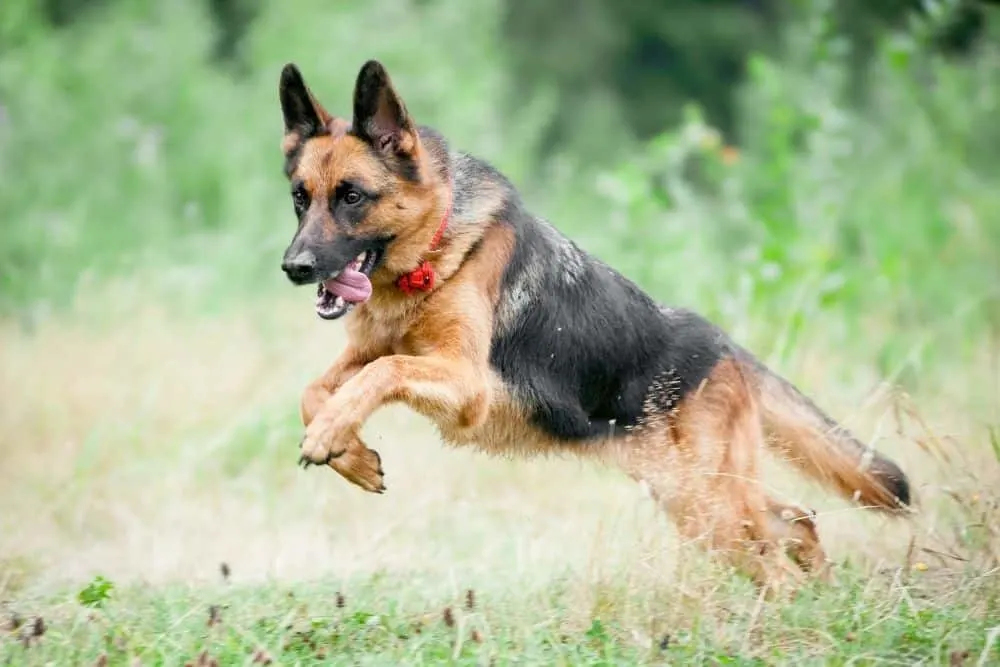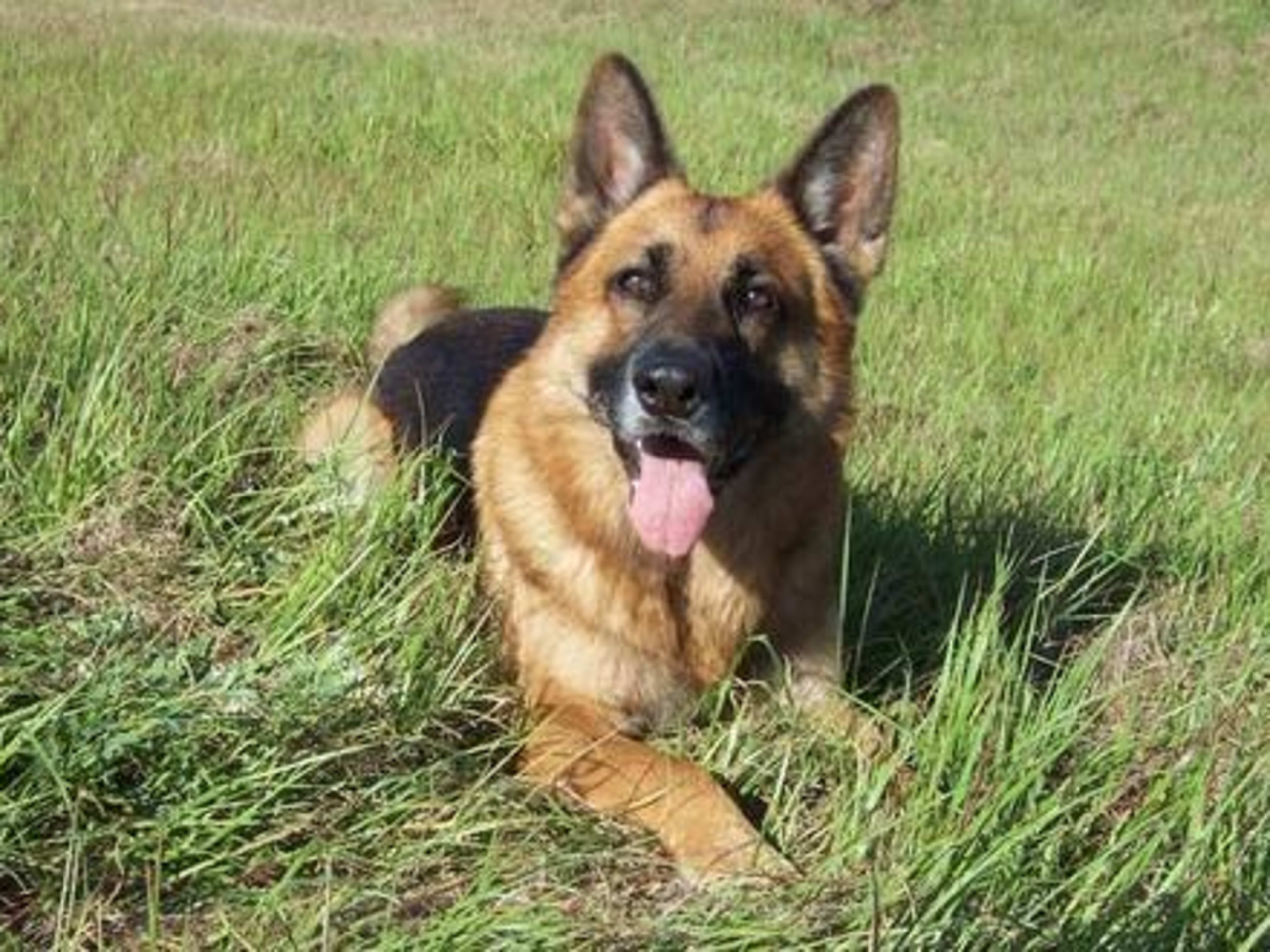
German Shepherd Cold Weather Care Tips for Pet Owners
Share
When winter approaches, conscientious pet owners are often concerned about how to best care for their beloved animals. For those of you who own a German Shepherd, understanding the nuances of cold weather care for this intelligent and energetic breed is crucial. German Shepherds, known for their loyal nature and robust physicality, still require special attention when temperatures drop.

Understanding the German Shepherd's Coat
The German Shepherd is equipped with a double-layered coat that provides some inherent protection against the cold. The outer coat is dense and water-resistant, while the undercoat is softer and serves as insulation. However, despite this natural defense, German Shepherds are not entirely impervious to harsh winter conditions. Understanding your pet's coat can help you implement the necessary cold weather care practices.
Preparing for Winter Walks
Exercise is essential for maintaining the health of your German Shepherd, even in winter. However, it's important to adjust your routine to accommodate the colder temperatures. Consider the following:
- Timing: Schedule walks during the warmer parts of the day, such as late morning or early afternoon.
- Protective Gear: Invest in a well-fitting dog coat to provide extra warmth. For particularly icy conditions, dog booties can protect your Shepherd's paws from frostbite and salt burns.
- Hydration: Remember to keep your German Shepherd hydrated, as dry winter air can lead to dehydration.
Indoor Comfort and Warmth
When indoors, ensure your German Shepherd has a warm and comfortable place to rest. A dog bed placed away from drafts and elevated from cold floors can make a significant difference. You might also consider using a heated dog pad for additional warmth. For more insights on creating a comfortable environment for your pet, check out this daily routine tips article.
Dietary Adjustments and Supplements
During winter, your German Shepherd may require additional calories to maintain their body heat. Consult your veterinarian to determine if you need to adjust their diet. Including omega-3 fatty acid supplements can help maintain a healthy coat and skin. For more on managing your dog's diet, you might find this personality traits article informative.
Signs of Hypothermia and Frostbite
Even with proper precautions, it's crucial to be aware of the signs of hypothermia and frostbite in your German Shepherd. Symptoms of hypothermia include shivering, lethargy, and weakness, while frostbite may manifest as pale or blue skin and pain in the affected area. Immediate veterinary care is essential if you suspect either condition.
Enriching Indoor Activities
On days when it's too cold to venture outside, keeping your German Shepherd mentally and physically stimulated indoors is vital. Engaging in interactive games or training sessions can help burn off energy and strengthen your bond. Consider setting up a small agility course in your living room or teaching new tricks. This agility training guide offers some creative ideas.
The Importance of Regular Vet Checkups
Regular veterinary visits can ensure that your German Shepherd is healthy and equipped to handle colder weather. Your vet can offer advice tailored to your pet's specific needs, including any necessary vaccinations or preventive measures. For more health tips, explore this breed guide.

FAQs
How often should I walk my German Shepherd in the winter?
It's generally recommended to maintain a consistent walking routine, but adjust the duration and intensity based on the weather conditions. Shorter, more frequent walks might be more suitable during extreme cold.
Do German Shepherds need sweaters or coats in winter?
While German Shepherds have a double coat, additional protection like a sweater or coat can be beneficial in extreme cold, especially for older or sensitive dogs.
What should I feed my German Shepherd during the winter?
Consult with your veterinarian about increasing caloric intake and incorporating supplements like omega-3s to support coat health.
By implementing these cold weather care strategies, you can ensure that your German Shepherd stays healthy and happy throughout the winter months. Remember, a little preparation goes a long way in keeping your furry friend safe and comfortable!
This article contains affiliate links. We may earn a commission at no extra cost to you.
